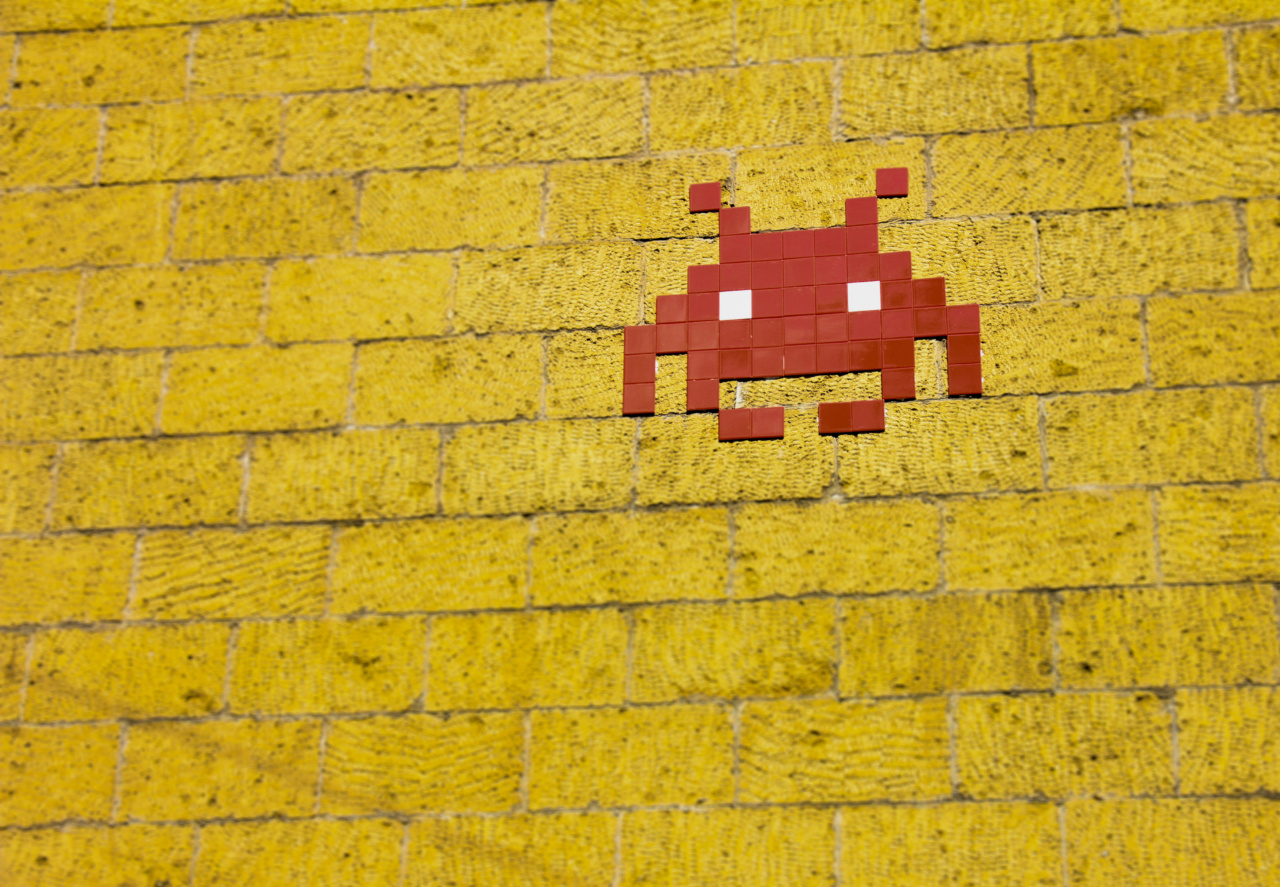Are you dealing with an army of ants invading your space? Don’t worry; you’re not alone. Ants are a common nuisance in households and can invade your kitchen, bathroom, and even your bedroom.
These tiny creatures can be quite persistent and difficult to eliminate. However, with the right approach and a bit of patience, you can effectively get rid of these pesky pests. In this article, we will discuss different strategies and methods to deal with ants invading your space.
Identifying the Ants
Before you take any action, it’s important to identify the type of ants that have invaded your space. This will help you understand their behavior, preferences, and the most effective methods to eliminate them.
Here are a few common types of ants you might encounter:.
1. Carpenter Ants
Carpenter ants are among the largest ants you may find in your house. They are usually black or reddish in color and are known for their ability to cause structural damage to buildings.
Carpenter ants excavate tunnels in wood to create nests, which can weaken the structure of your home if left untreated.
2. Argentine Ants
Argentine ants are small brown ants that form extensive colonies. They are attracted to sugary foods and can quickly overrun your kitchen if given the opportunity.
These ants are known for their fast reproduction rate and can become a major problem if not dealt with swiftly.
3. Odorous House Ants
Odorous house ants are black or dark brown ants that emit a foul smell when crushed. They are attracted to sugary and greasy foods and are commonly found in kitchens. These ants can also invade other areas of your house in search of food and water.
Preventing Ant Infestations
The best way to deal with ants is to prevent them from invading your space in the first place. Here are some preventive measures you can take to minimize the risk of ant infestations:.
1. Keep a Clean Environment
Ants are attracted to food and water sources, so keeping your environment clean is crucial. Clean up any spills or crumbs immediately, and make sure to regularly empty and clean your trash cans.
Ants can even be attracted to pet food, so it’s important to clean up your pet’s dishes after feeding.
2. Seal Entry Points
Inspect your house for any cracks or openings that ants can use to enter your space. Seal these entry points with caulk or putty to prevent ant entry.
Pay extra attention to gaps around windows, doors, and pipes, as these are common entry points for ants.
3. Store Food Properly
Keep your food tightly sealed in containers that ants cannot penetrate. This includes pantry items such as cereal, flour, sugar, and pet food. Ants have a keen sense of smell and can detect even the tiniest food particles, so proper storage is crucial.
4. Trim Plants and Trees
If you have plants or trees close to your house, make sure to trim them regularly. Ants can use branches and leaves as pathways to enter your home. By keeping plants and trees away from your house, you can reduce the risk of ant infestations.
Methods to Get Rid of Ants
Despite taking preventive measures, ants may still find their way into your space. Here are some effective methods to get rid of ants:.
1. Natural Remedies
Using natural remedies can help deter ants from entering your house and disrupt their trails. Some popular natural remedies include:.
– Spraying vinegar: Ants dislike the strong smell of vinegar. Simply mix equal parts of vinegar and water in a spray bottle and spray it along ant trails, entry points, and areas prone to infestation.
– Cinnamon: Sprinkle cinnamon powder near entry points or around areas where ants are frequently seen. This will deter ants from crossing it, as they dislike the scent.
– Peppermint oil: Ants are repelled by the strong smell of peppermint oil. Soak a cotton ball in peppermint oil and place it near ant trails or at entry points to discourage them from entering your home.
2. Baiting
Baiting is an effective method to eliminate ants at the source. The ants carry the bait back to their nests, which helps eradicate the entire colony. You can use store-bought ant baits or create homemade bait using a combination of sugar and borax.
To make a DIY ant bait, mix equal parts of sugar and borax, then add a few drops of water to create a paste. Place small amounts of the bait near ant trails or areas of infestation, but be cautious if you have pets or children.
The ants will carry the bait back to their colony, including the queen, which will eventually eliminate the entire ant population.
3. Chemical Sprays
If natural remedies and baiting methods fail to eliminate the ant problem, you may consider using chemical sprays. There are various ant sprays available in the market that are specifically formulated to kill ants on contact.
Follow the instructions provided on the spray bottle and use caution when applying the product.
4. Professional Pest Control Services
If you have tried various methods and the ant infestation persists, it may be time to seek professional help.
Professional pest control services have the expertise and equipment to effectively eliminate ants and provide long-term solutions for ant control.
Preventing Future Ant Infestations
After successfully eliminating the ants from your space, it’s important to take steps to prevent future infestations. Here are some preventive measures you can implement:.
1. Keep Your House Clean
Maintain a clean environment by wiping down surfaces, sweeping floors, and regularly vacuuming carpets. By eliminating food and water sources, you can minimize the chances of attracting ants.
2. Monitor and Seal Entry Points
Regularly inspect your house for any new cracks or openings where ants can enter. Seal these entry points promptly to prevent ants from invading your space.
3. Use Ant Repellents
Apply ant repellents near windows, doors, and other vulnerable areas to discourage ants from entering your home. There are various ant repellent sprays and powders available in the market.
4. Outdoor Prevention
Keep outdoor areas tidy by removing potential nesting sites. Clear away debris, trim plants and trees, and make sure firewood is stored away from your house.
By minimizing outdoor ant populations, you can reduce the risk of future infestations inside your home.
Conclusion
Dealing with ants invading your space can be a frustrating experience. However, by identifying the type of ants, taking preventive measures, and using effective elimination methods, you can regain control of your space.
Remember to keep your environment clean, seal entry points, and store food properly. Natural remedies, baiting, chemical sprays, or professional pest control services can help you eliminate ants effectively. Stay proactive in preventing future infestations by maintaining cleanliness and sealing entry points.
With these strategies in place, you can bid farewell to ants and enjoy a pest-free home.





























